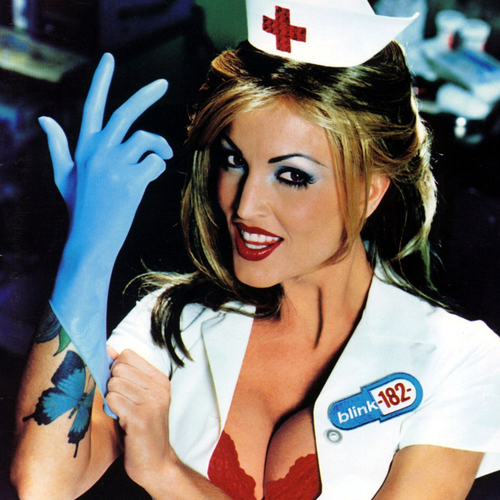Drops of Jupiter
Drops of Jupiter (2001) is a Grammy award winning song by the American pop band group Train. It was made by the lead singer Pan Monahan after his mother died from lung cancer in 1998. Throughout the song, the orchestra in the background gives you mixed feelings of a somberness and uplifted spirits. The lyrics convey the message of a broken love story between two people. When its says " now that you're back in the atmosphere with Drops of Jupiter in her hair" it transmits the idea that someone has left and come back with a new found knowledge about herself or life in general. A meaning of the symbol Jupiter is a sense of maturity and knowledge gained through a time of growth, so overall she returned with a renewed mind . The idea portrayed is the women left the man to discover the other things that life has to offer and upon her return he rhetorically asks if it was everything that she imagined. The lyrics " Did Venus blow your mind? Was it everything you wanted to find? and " Heaven is overrated" are all examples of the rhetorical speech in the song. The effect of the song is extremely powerful and throughout the music video you can tell that their is a sense of longing from the guy that was hurt by the initial demise of their relationship. At the end of the song he recites " And did you fall for a shoot star , fall from a shooting star" which is another way of asking if she fell for an illusion or false belief while she was out there looking for another alternative or what she believed that she wanted. Overall, Drops of Jupiter is a compelling tale of two people from the man's perspective about how a person whom he was close with lost their way with the distractions of life and as a result she took him for granted before it was to late.
